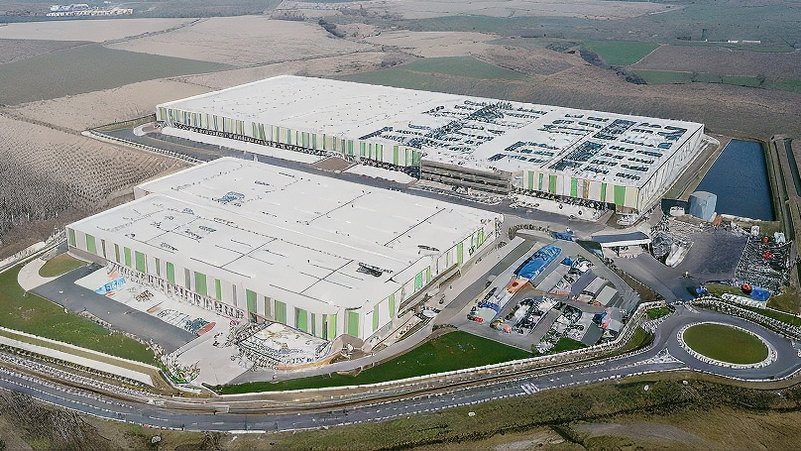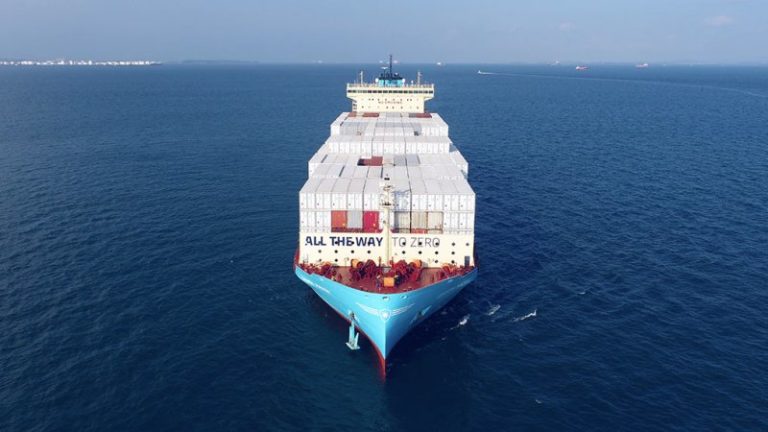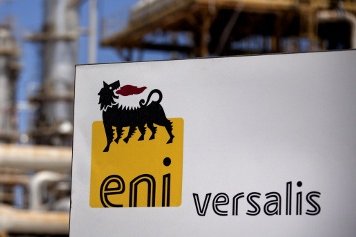During the presentation of the early 2023 results, Clerc discussed the Red Sea crisis, focusing on the effectiveness of military activities coordinated by the United States and potential disruptions to the supply chain from China to Europe. He stated that the present military setup does not guarantee safe navigation. In an interview with Bloomberg TV, Clerc described the situation as "escalating," with no clear outlook on when normal navigation through the Red Sea might resume.
Clerc recalled attacks on Maersk's container ships, including the Maersk Hangzhou, struck on December 30. "We are not seeing a peak in attacks; on the contrary, their frequency and range have increased in recent days," he added. "It's unclear when and how the international community will mobilize to ensure safe passage." Consequently, Maersk will continue to reroute around Africa for the safety of crews, ships, and cargo for several weeks.
Regarding traffic, Clerc mentioned that the Red Sea crisis has not hindered transport demand, anticipating an increase in shipping compared to the same period last year. "However, we will not see the Covid scenario again," he clarified, noting that there are no port congestions but a redirection of ships on a longer route. So far, the company has mitigated the impact of this diversion by mobilizing surplus capacity, approximately two percent, and increasing ship speeds. New container ships scheduled to enter service this year will boost capacity by 2-3% per month, allowing for speed reductions.
Although new capacity will help address the Red Sea crisis, Clerc anticipates that it will still cause a supply imbalance that could last until 2026. Moreover, once the crisis ends, companies will face costs to return ships to their normal rotations and reposition containers. Clerc also expressed concerns about freight rates, which have risen due to the crisis, but the future remains uncertain regarding additional costs and how long the company can benefit from the current revenue increase.
As mentioned, Maersk has released its preliminary 2023 financial performance. The figures have sharply declined: revenues fell by 37% compared to the previous year, reaching $51.1 billion, and EBITDA plummeted by 74% to $9.6 billion. The announcement of these results was not well received by the market, with Maersk's stock dropping up to 17% on February 8, 2024. The current uncertainty has led to a wide range of EBITDA forecasts for 2024: from $1 to $6 billion.
In response to the situation, Maersk decided to suspend its share buyback program and initiate the spin-off of its towing company, Svitzer. The company notes that "2023 was a transition year following the extraordinary market boom caused by the pandemic. We achieved solid financial results despite significantly changed circumstances and are well positioned to manage the anticipated difficulties in 2024. By adopting timely and decisive measures to enforce strict cost management, we have adapted to the new reality. Further progress in the logistics sector is needed to align with our goals as we continue our transformation and improve our competitiveness. The current market remains characterized by robust volumes, but while the Red Sea crisis has caused immediate capacity constraints and a temporary increase in rates, the eventual oversupply in shipping capacity will lead to price pressures and impact our results. Ongoing disruptions and market volatility underscore the need for supply chain resilience, further affirming that Maersk's path towards integrated logistics is the right choice to enable our customers to effectively manage these challenges."
The Ocean sector "experienced strong reliability of schedules, and continuous efforts to reduce costs have helped alleviate obstacles stemming from the rapid increase in supply. Financial results remained strong thanks to stringent cost containment but eroded over the year as ongoing challenging market conditions led to substantially lower transport rates." The Logistics and Services sectors "continued to acquire new orders, but a reduction in inventories at the beginning of the year, followed by lower rates, led to a decline in revenues. Profitability decreased compared to 2022, and an increased focus on cost management helped protect margins and reset the cost base." The best performance came from terminals, which "continued their steady performance and secured another very positive year. Despite a decrease in storage revenues due to market normalization, diligent execution of operational excellence, cost control, price increases, and utilization led to a return on invested capital (ROIC) of 10.5%, exceeding medium-term targets."



































































